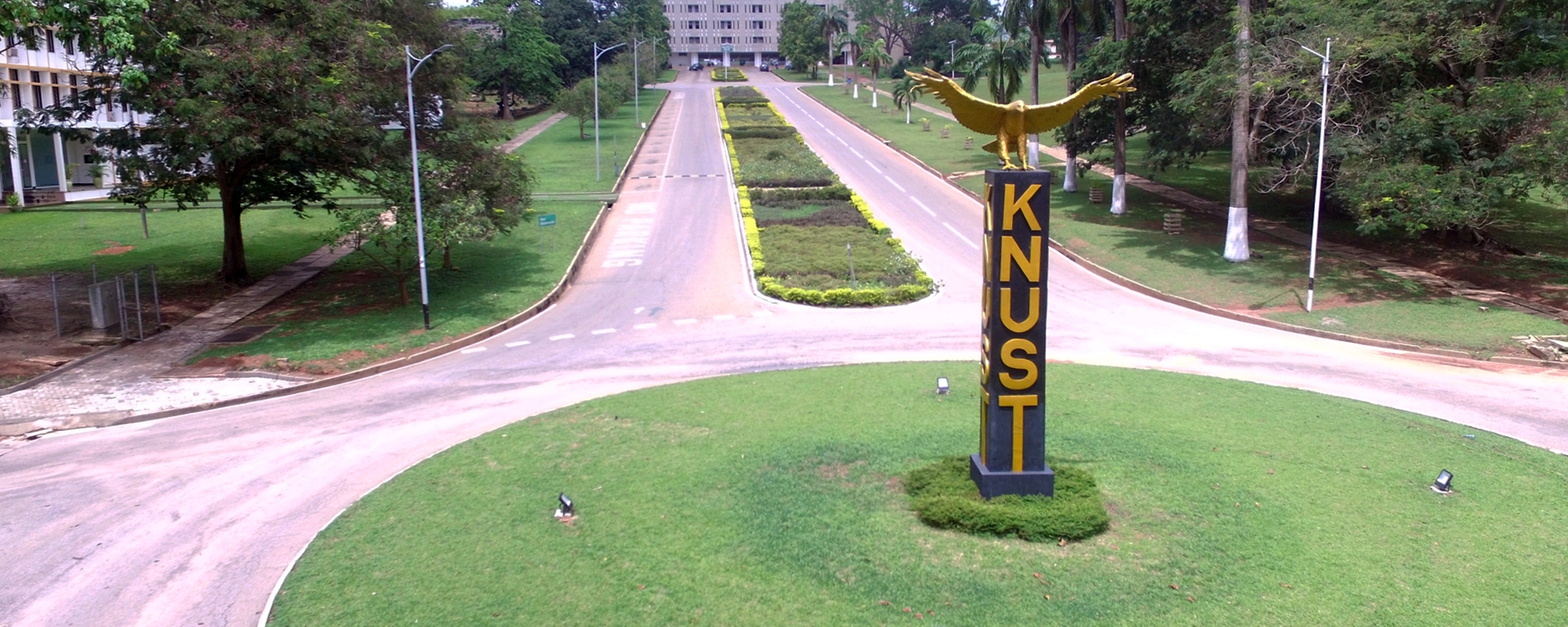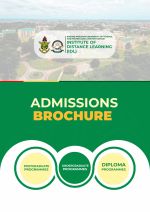Overview
The programme is primarily concerned with development, that is, facilitators and obstacles to development, whether environmental, social, economic or political. On a global level, several interacting factors have led to increased pressure on the environment, such as population growth; over-exploitation and mismanagement of natural resources and environmental pollution.
The programme would therefore among other things discuss how some countries have progressed to a very high level of income without having strong resource endowments; how other countries have developed by making effective use of their natural resources; how some countries have been able to propel periods of strong growth by excessively exploiting their resource base; and how some countries seem to be prone to "cleptocratic" and dictatorial rule - amassing riches to the few and poverty to the many.
The programme would familiarize participants with theories and findings concerning development and provide managerial tools to practical problems. A wide variety of institutional contexts would be considered, including local and international private business, non-government organizations (NGOs), central and local governments, international and national regulatory and donor institutions. In addition, graduating students will be well-skilled in cross-cultural communication and collaboration.
Courses under the programme include: Global Environment Issues, Management in Development-Theories & Concepts, Contemporary Topics in Sustainable Development Management, Financing Development, and Research Methods in Development Studies. In addition to these and few others, candidates will choose two (2) electives out of four areas.
Modules and courses
Code |
Course Name |
Credits |
||
|
Semester One |
T |
P |
C |
|
|
DM 551 |
Management in Development -Theories & Concepts |
3 |
0 |
3 |
|
DM 553 |
Contemporary Topics in Sustainable Development Management |
3 |
0 |
3 |
|
DM 555 |
Development theories and Strategies |
3 |
0 |
3 |
|
DM 557 |
Current Development Issues |
3 |
0 |
3 |
|
DM 559 |
Financing Development |
3 |
0 |
3 |
|
DM 561 |
Global Environment Issues |
3 |
0 |
3 |
|
Total |
18 |
0 |
18 |
|
|
Semester Two |
||||
|
DM 552 |
Quantitative Techniques for Development Specialist |
3 |
0 |
3 |
|
DM 554 |
Research Methods in Development Management |
3 |
0 |
3 |
|
DM 556 |
Project Management |
3 |
0 |
3 |
|
DM 558 |
Planning and Environment Assessment – Theories, Methods and Techniques |
3 |
0 |
3 |
|
Electives (Option 1) |
||||
|
DM 560 |
Monitoring & Evaluation for Development Practitioners |
3 |
0 |
3 |
|
DM 564 |
Small & Medium Enterprise Development |
3 |
0 |
3 |
|
Electives (Option 2) |
||||
|
DM 562 |
Development Communication |
3 |
0 |
3 |
|
DM 566 |
Development Planning and Administration |
3 |
0 |
3 |
|
Total |
18 |
0 |
18 |
|
|
Semester Three |
||||
|
DM 651 |
Social Entrepreneurship & Philanthropy (Development Practicum) |
1 |
4 |
3 |
|
DM 653 |
Applied Research Methods/Thesis Seminar |
1 |
4 |
3 |
|
DM 660 |
Master Thesis |
0 |
0 |
0 |
|
Total |
2 |
8 |
6 |
|
|
Overall Total |
38 |
8 |
42 |
|
Mode of course delivery
The programme is offered through distance education, a learning oriented system allowing greater flexibility in learning while students continue with their regular professional work. The programme is offered in a mixed mode format. The approach uses print and electronic media in order to be responsive to the needs of the learner and also maximize the use of technology in course delivery.
At the heart of the programme is excellent online learning materials developed by capable and competent resource persons from KNUST and other recognized institutions.
Academic Support Systems/Services
Limited face-to-face facilitated sessions are provided at all the Learning Centres. These sessions are supported by print and electronic materials, and local learning facilitators who also support and direct students as they work through the resources provided.
The Centres provide learning support to students living in different parts of the country, thus reducing travel expenses.
Learning centres
Head of department
Exam officer
Programme coordinator
- A good First Degree, preferably Second Class Lower or better in relevant subjects such as the Social Sciences, Business and Public Administration and other related field, which will be considered acceptable by the examining board. In addition, applicants need to have a strong command of the English language, oral and written. They must be familiar with the use of computers and the Internet.
- Preferably applicants should have at least two years relevant field or practical experience e.g. within teaching, administration, management, research or relevant development related areas. Candidates will require an official testimonial from their employers to be submitted to IDL for verification prior to admission.

How to Apply
Pursuing an academic programme is an important step toward your future — and we're here to help


